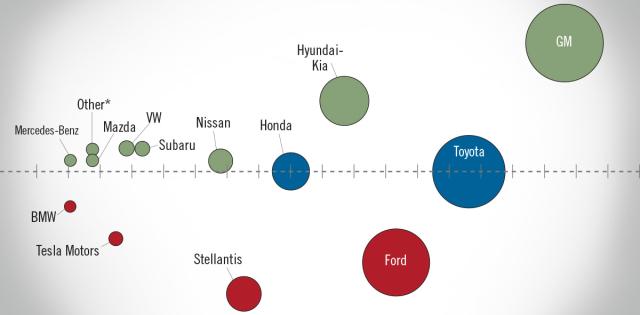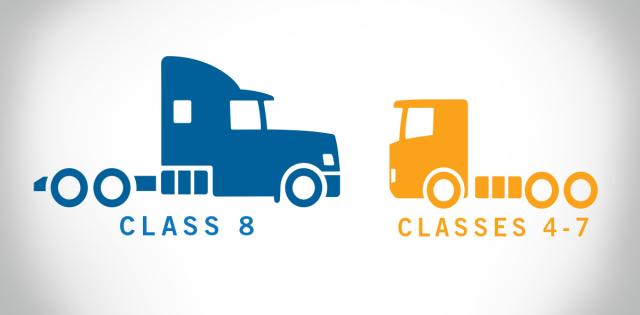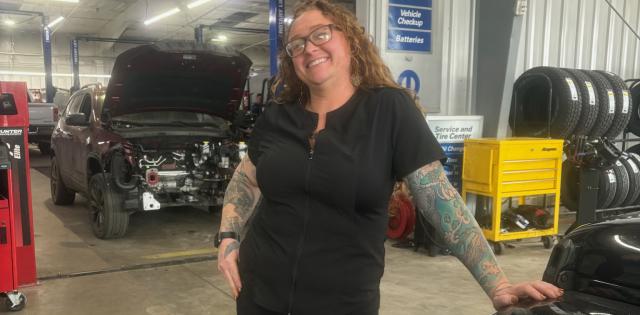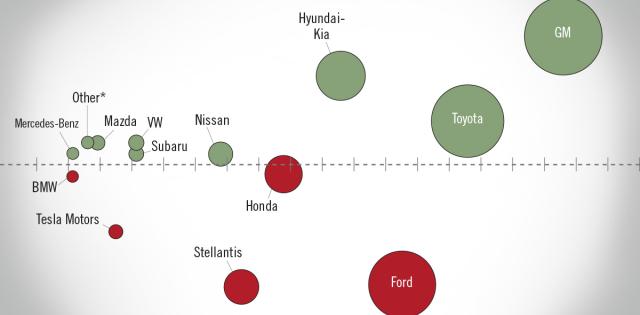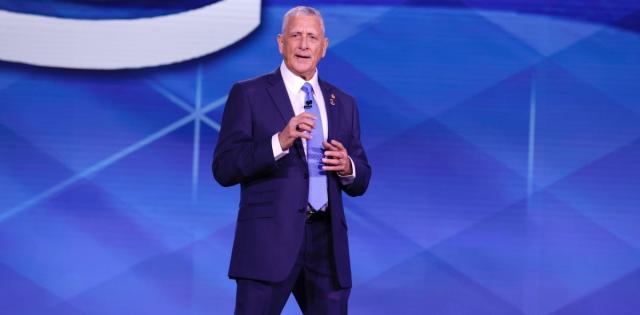What do Aristotle and auto dealers have in common? They’re both adept in the art of artificial influence, according to Joe St. John, Senior Vice President of Business Development at Stone Eagle.
During his fast-paced and funny Live Stage session sponsored by Affinitiv, St. John sped through the many sales techniques throughout history that have helped change customers’ behaviors. From Aristotle’s “The Articles of Rhetoric,” to Cialdini’s “Six Principles of Persuasion,” auto dealers and anyone else involved in sales have used common techniques to “artificially influence” consumers.
“We like to pride ourselves on making decisions based on data, but here’s the truth: we don’t do that,” St. John said, while noting that buying an expensive sports car is often (shocker) an emotional decision. “We make emotional decisions, then look for the data to back it up.”
After outlining Aristotle’s three articles of influence (ethos, pathos and logos) and Cialdini’s six principles—reciprocity, scarcity, authority, consistency, liking, and social proof or consensus—St. John gave examples of ways that companies, and car dealers, are still using these techniques today.
But the main takeaway, according to St. John, is putting these principles to use digitally—usually on a dealer’s website. For example, reciprocity works by giving something to someone in the hopes that they’ll feel as though they need to give you something back, ideally a sale. Dealers could hand out free cold water on a hot day, or offer customers “New Owner Clinics” digitally, in hopes of closing a sale.
Affinitiv is sponsoring the Digital Daily segments featured on Live Stage each day during NADA Show 2022. Watch more of St. John’s session in the video below.




